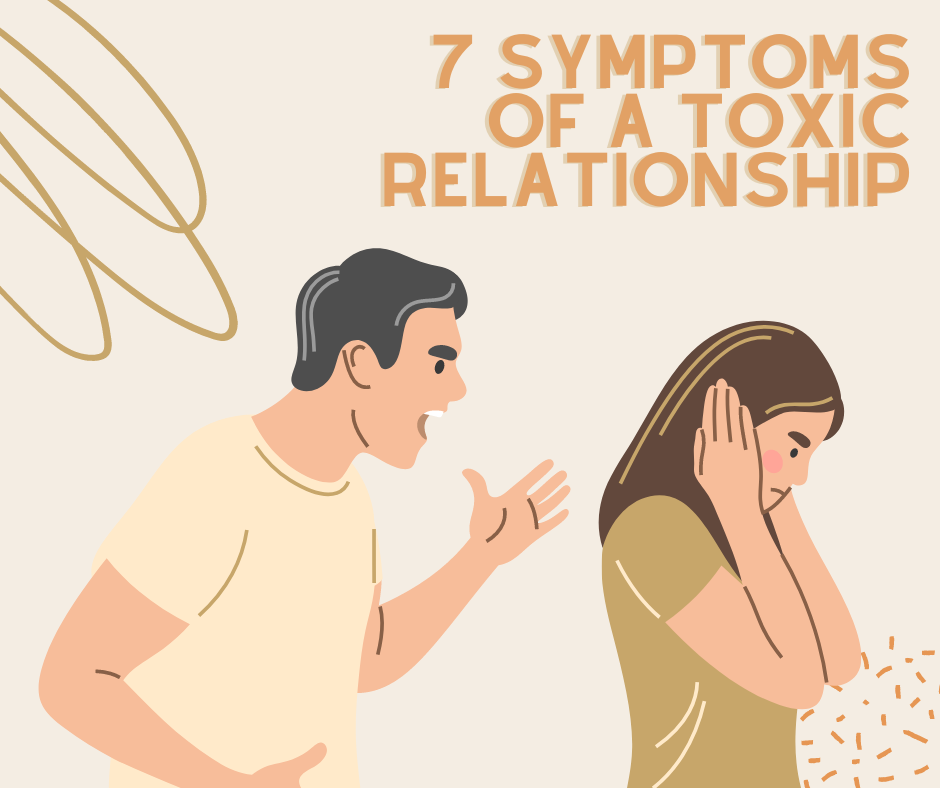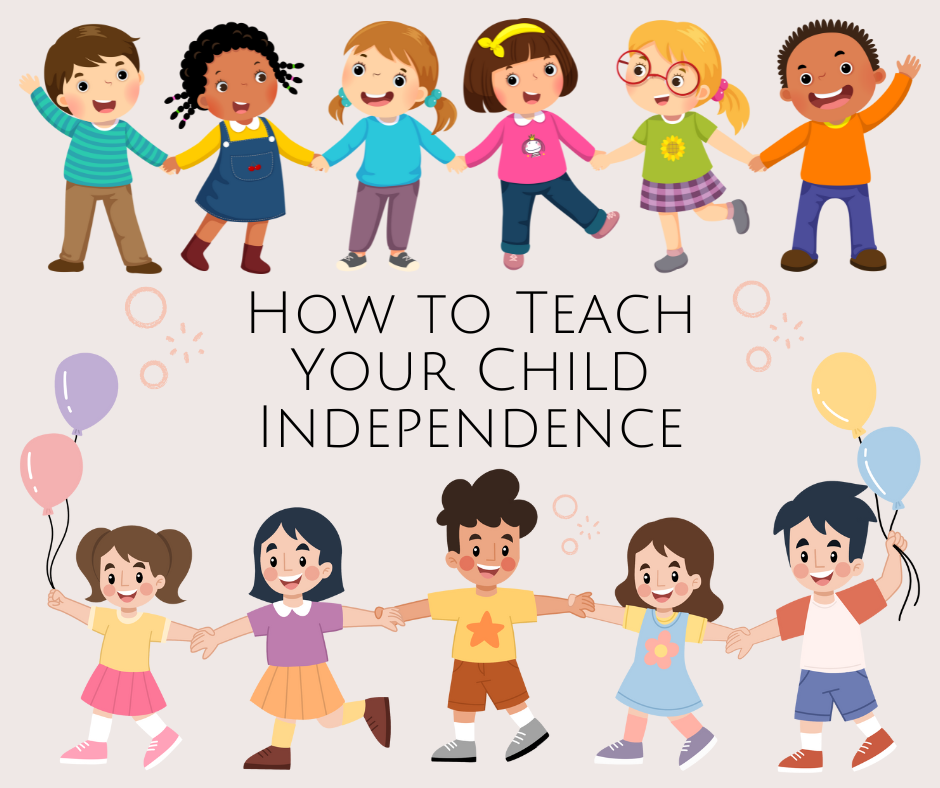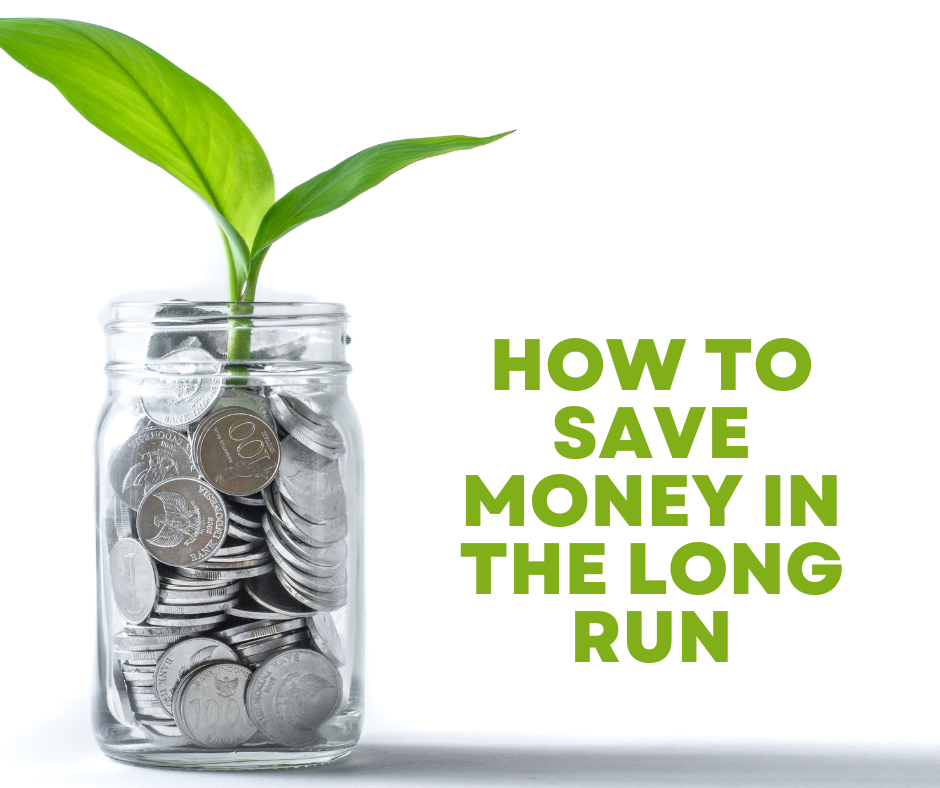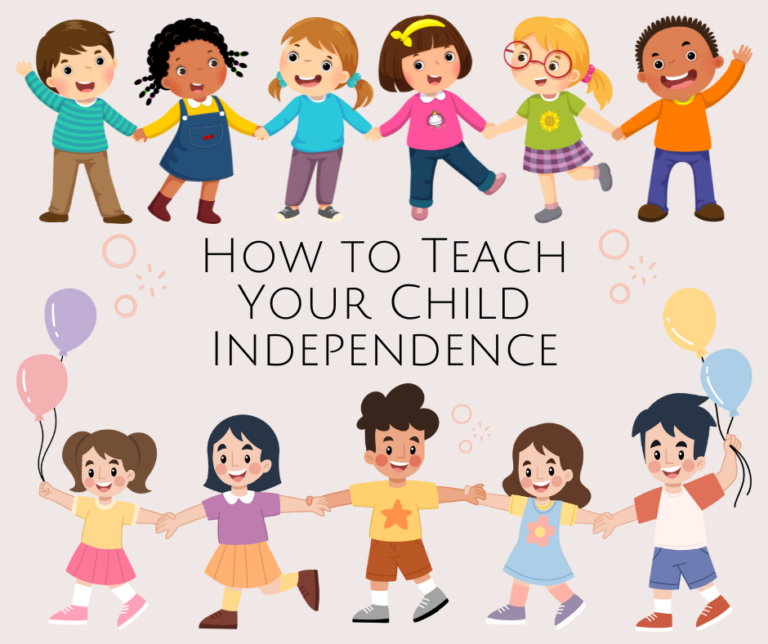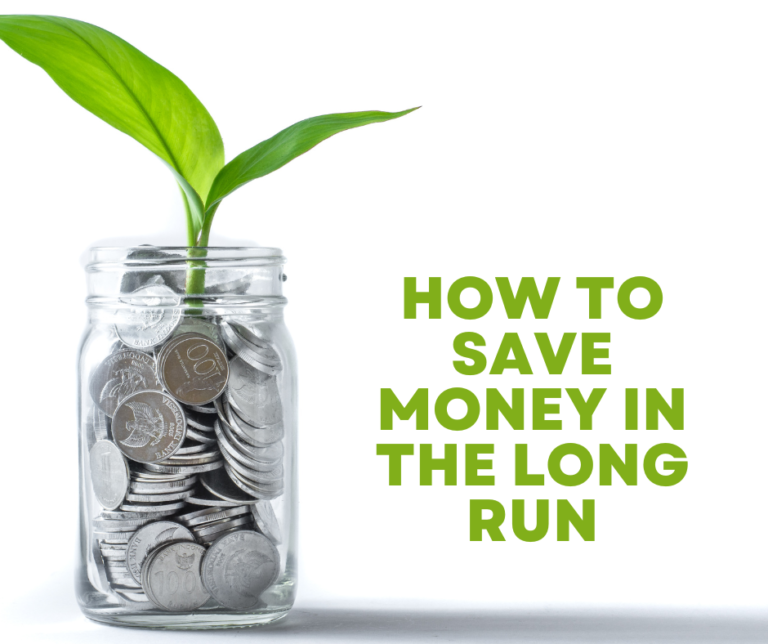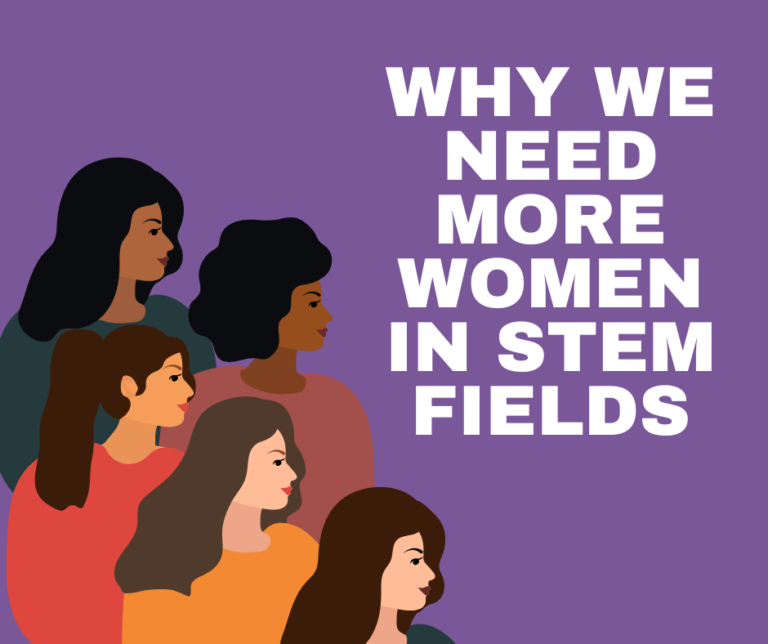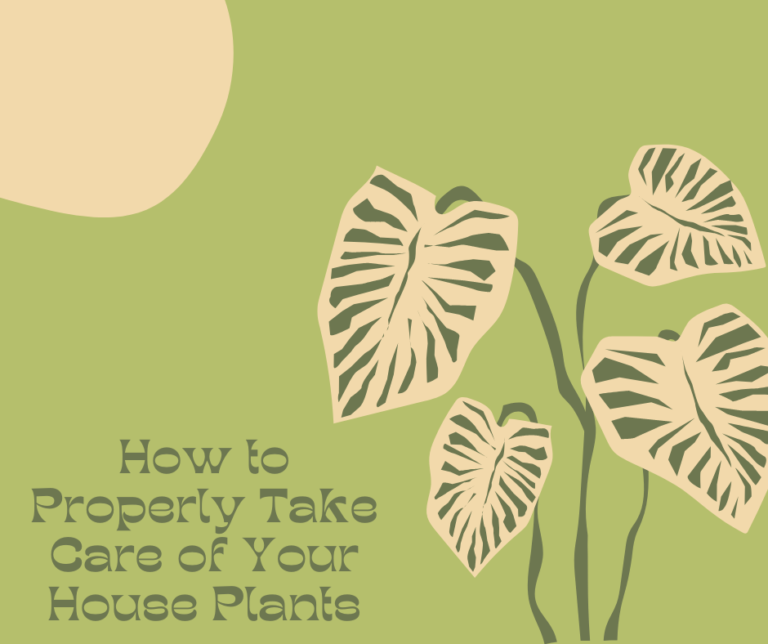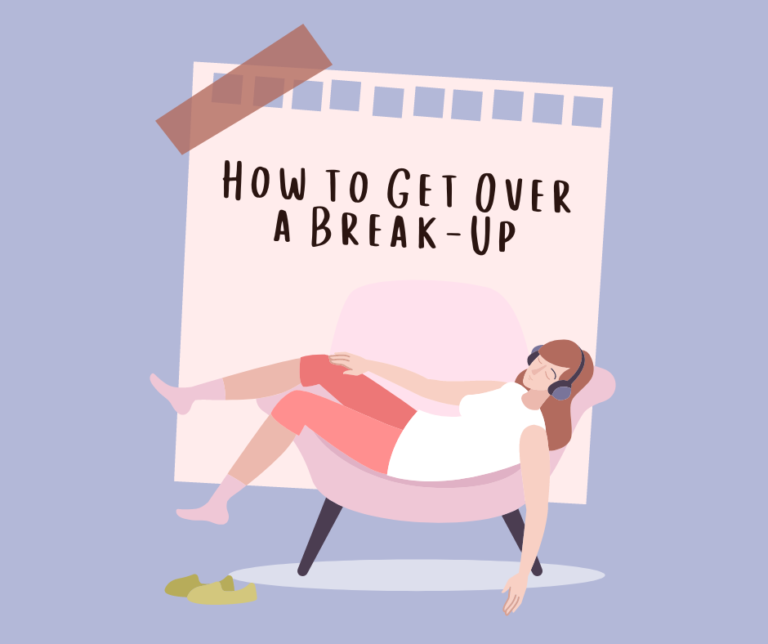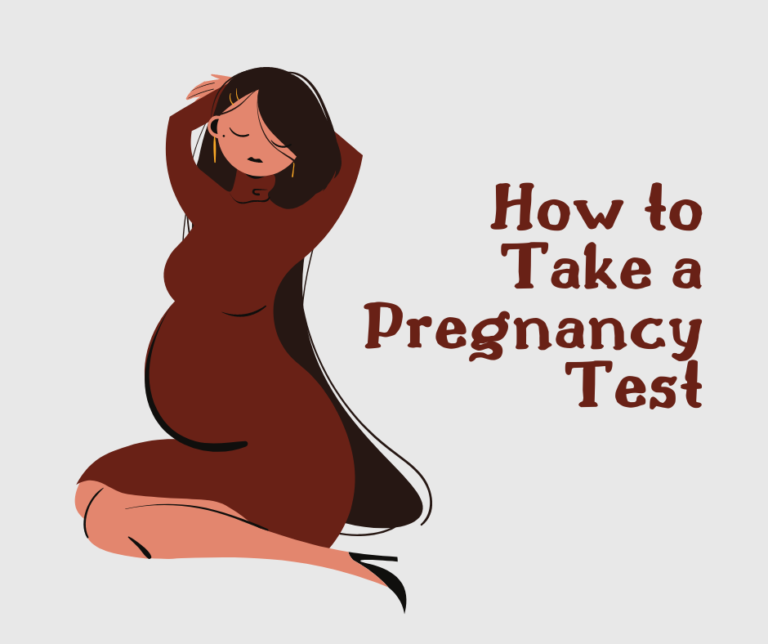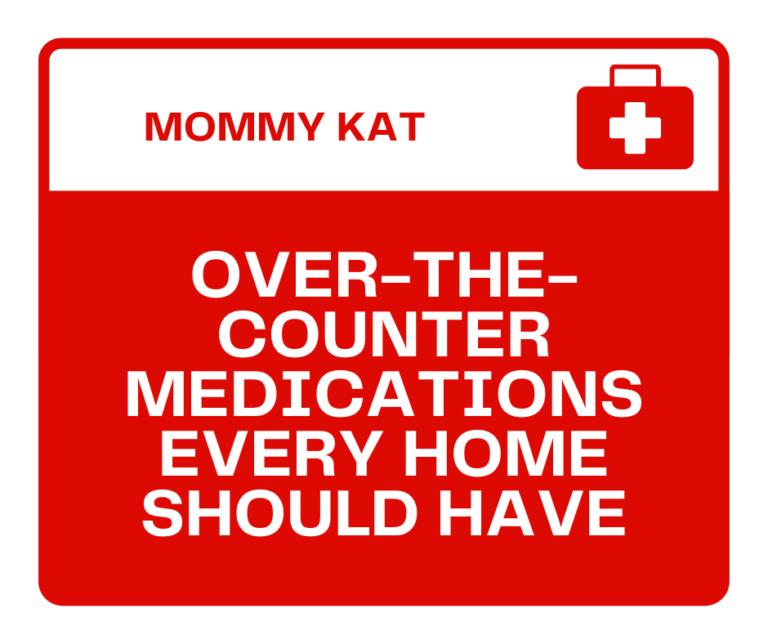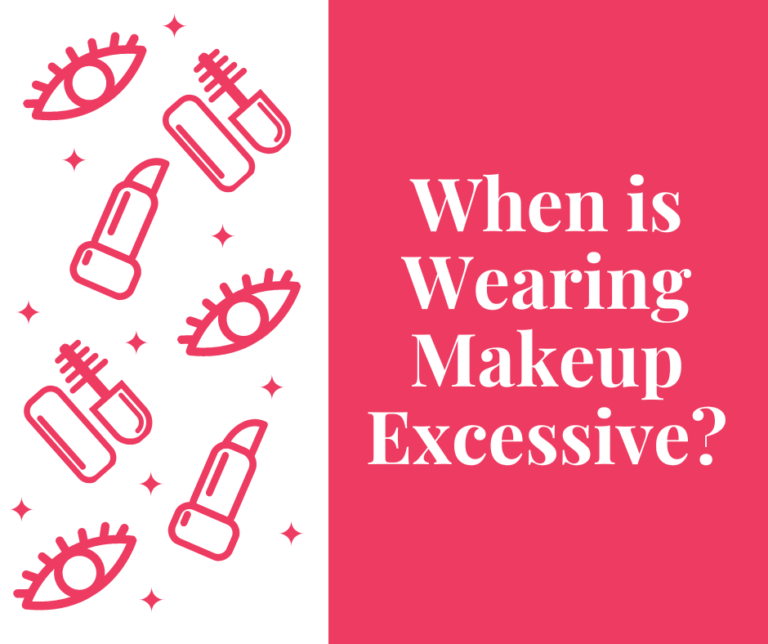Almost everyone has been in a toxic relationship before. Whether it’s a family member, partner, friend, or coworker, a toxic relationship takes a toll on your mental health and can set you back in life. As the new year comes, make a pact to put yourself first and throw away any relationship that doesn’t help you get far in life!
Here are the seven warning signs of a toxic relationship:
1. Little to No Trust
Being in a relationship with someone involves being vulnerable in front of them. It means sharing things you normally don’t share with other people and allowing them to see you vulnerable while believing they wouldn’t use it against you. So, if you hide parts of yourself because you don’t think they’ll react how you want them to, there’s a lack of trust in the relationship. The relationship might either be too new that you don’t want to get in too deep yet, or you just would never trust your partner that way in general.
For example, hiding mental health problems is something many people do to not scare their partners away. But, if you don’t let them help, both you and your partner will suffer—you because you have no one on your side, and your partner because it’ll pain them to see you in pain.
And if you’re hiding your mental health problems because you already know your partner will make things worse? That’s a very bad sign.
2. Poor Communication Skills
A mark of a good relationship is good communication skills. The pair of you should know how to treat each other respectfully. A good rule of thumb is to talk to each other how you would want to be talked to.
Classic red flags in communication include yelling and cursing at each other. Here, there is no attempt at diffusing the tension at all—the only objective is to hurt one another. Breaking each other’s things and harming one another physically should also never be done. You’re both adults capable of talking—act like it.
Less acknowledged communication red flags include giving your partner the silent treatment (i.e., refusing to communicate), blaming them for everything (i.e., refusing to be accountable for your actions), interrupting them (i.e., refusing to listen to what they say), and having something to say for everything (i.e., wanting to “win” the argument rather than listen to their input).
3. Controlling and Manipulative Behavior
You should never be with someone who thinks they own you. Anyone who threatens your safety in any way, even if it’s not physical, should never have a hold on you. You’re still allowed control over your own life, and anyone who thinks otherwise should be cut off immediately!
For example, some couples are fine with knowing each other’s passwords to emails and phones. But, if your partner makes it a point to scour through your private matters, question you about them, and generally just be very nosy about things that shouldn’t be their business, that’s not right. In the same way, they shouldn’t control your finances, other relationships with other people, and your life decisions too.
4. Constant Lying
Lying is a big no-no, even if the relationship isn’t romantic. It tells you that your loved one doesn’t care about you enough to tell you the truth. It tells you that your partner would rather save face to make themselves look good than tell you the truth to spare you some pain. Would you rather have a partner that owns up to their mistakes, or a partner that gaslights you by pretending like they didn’t make any and makes you feel guilty for thinking so?
On the other end of the spectrum, though, being too brutally honest is also a bad thing. Indeed, one could argue that being brutally honest is just an excuse to be mean. Sure, your partner’s new cooking experiment might not taste the greatest, but you shouldn’t put them down over it, especially when they tried so hard to make you a great meal.
5. Little to No Reciprocation
A relationship is a two-way street. It takes two people to make a relationship work out. So, if you find yourself doing all the giving and receiving next to nothing in return, that’s a telltale sign that you are vastly underappreciated in your toxic relationship.
For example, texting and calling each other is a must in many relationships, especially if you’re just getting to know each other. But, if you’re always sending the first texts or calling them first, they might not be as interested in conversing with you as you are with them. Alternatively, they could shoot some texts or calls but don’t make an effort to have an entertaining conversation. Who wants to chat with somebody whose only response to your chatter is, “Yeah,” or “Haha”?
6. Lack of Self-Care
It’s tempting to spend every second of every hour with your significant other, but at least some semblance of independence is important for every relationship. You’re allowed to flourish in your career, spend time with your loved ones, or just do hobbies you enjoy without having your partner around.
So, if you feel like you haven’t had time for yourself ever since your relationship started, that’s not a good sign at all, especially if you’d love to have time for yourself. You shouldn’t feel obligated to bring your partner along to everything. And your partner should not feel obligated to do the same with you too.
If your partner gets upset or angry over you wanting to spend time for yourself, that’s a huge red flag.
7. Behavior Justification
Defending your partner to outside parties is part of any relationship. But if you find yourself making excuses for even the most ridiculous things your partner has done, maybe it’s time to reevaluate.
For example, missing out on a much-needed date because they got caught up with work is annoying but ultimately forgivable. Missing out on a much-needed date because they fell asleep or missing multiple much-needed dates is a pattern and should not be excused!
If lots of people around you are telling you to have a talk with your partner or even dump them outright, that advice must be considered. These people will probably be more objective than you and can see your partner for who they really are. They don’t have the biased view you have of them.
